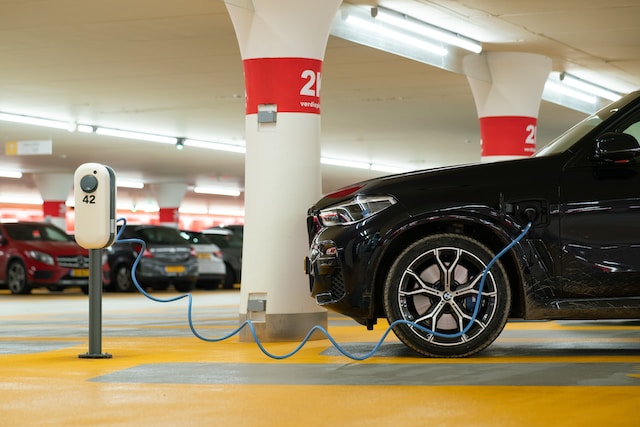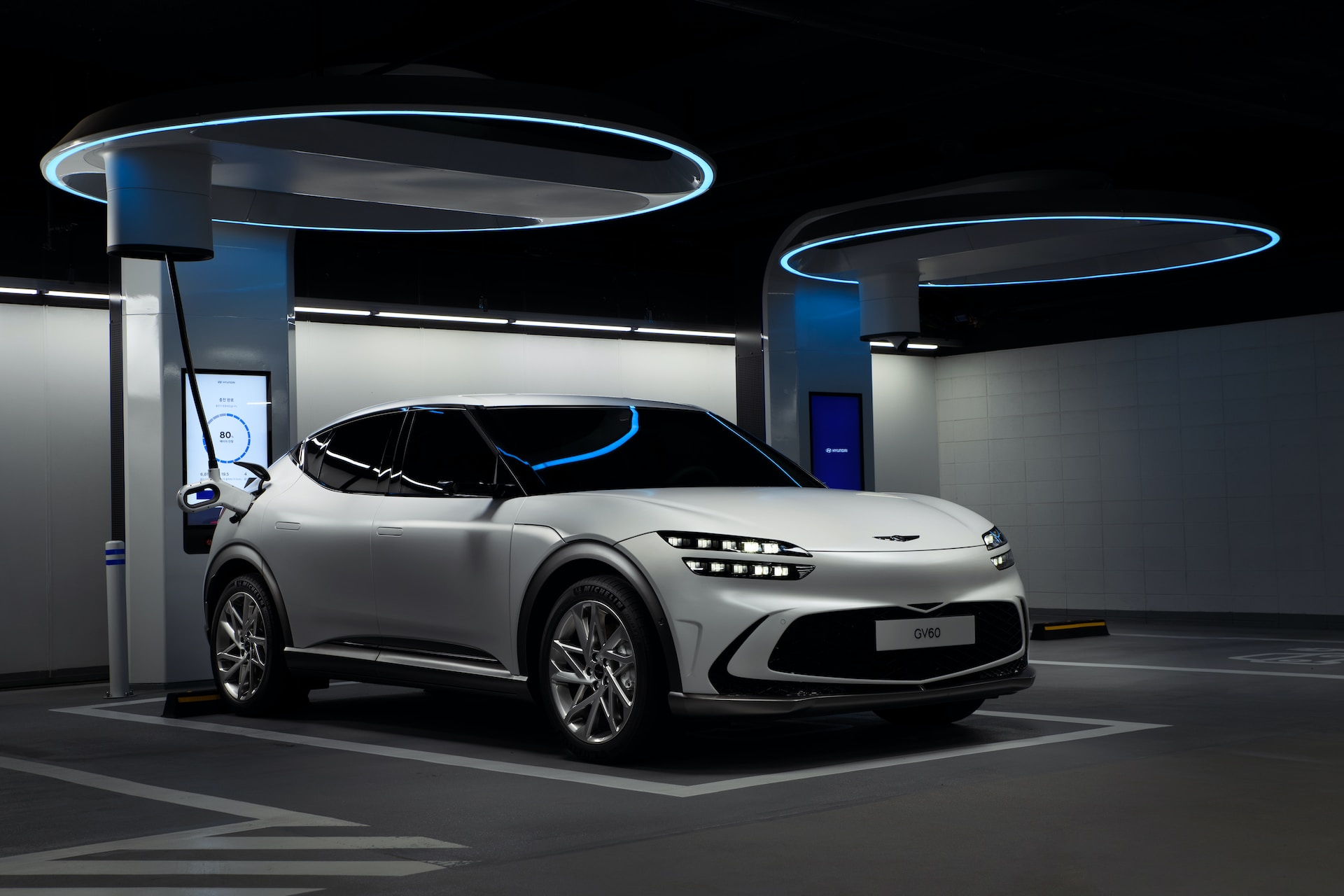GOA EV Announcement
In a side-event organized by the NITI Aayog during the ongoing fourth Energy Transitions Working group meeting under India’s G20 Presidency in Panaji, GOA CM Mr. Pramod Sawant proposes major reforms to promote EVs in the coastal state.
Chief Minister Promod Sawant Announcement on EV.
All the cabs, motorbikes, and new tourist vehicles supplied on rent in Goa will have to be electric vehicles from January 2024.
It will be also obligatory for all permit holders having multiple tourist taxis, bikes, and rental cars to reedify 30 percent of their fleets to electric vehicles by June 2024.
Mr. Sawant further said…”Goa being a global tourism hotspot, the state welcomes more than 85 lakh tourists each year. Due to a large number of rent-a-vehicle services, buses ferrying tourists and the number of taxis led to a major contribution of carbon emission in the state”
Mr. Sawant also said…Goa government has devised the Goa Electric Mobility Promotion Policy 2021 the focus of making the state a model of international standard for EV adoption, supported by a world-class infrastructure for the conversion of ICE vehicles to EVs, to convert 50 percent of boat ferries to electric by 2025, to convert 100per cent of other marine vessels to hydro and create 10,000 new direct and indirect jobs by 2025.
The Goa state government publicized the scheme for the promotion of Electric Vehicles in Goa and introduced policies including the EV Concessional Charging Infrastructure Policy 2021 to foster the EV ecosystem in the state.
The major objectives of the policy are to ensure that at least 30 percent will be electric vehicles registered annually in Goa.
The Chief Minister of Goa further said when the schemes were introduced, the percentage of EV sales soared by 47 times from 0.2 percent to 9.4 percent of vehicles sold. He further said Goa is on rank 4th among other states in India in terms of percentage of EV sales.
India’s G20 Sherpa Amitabh Kant.
India should target 100 percent of electrification of two-wheelers and three-wheelers by 2030 said India’s G20 Sherpa Amitabh Kant.
When India is developing, the process should be concise and dense and the focus should be on livability.
In total India’s vehicle mix-up, 75 percent of vehicles are two-wheelers so our country first must go for electrifying two-wheelers and three-wheelers. 65 percent of all buses in state transport undertakings should be electric. Mr. Kant said fix the target and work backwards.
Kant further said, The age of electric vehicles is inexorable, and petrol and diesel are dying technologies.
The electric car market has banged the 10 million mark globally. Every year around 18 percent of new cars are electric cars sold across the world.

60 percent of cars sold in China are electric. 15 percent in Europe and 10 percent in the USA. The path that India will adopt will be very different from Europe and USA.
Stressing the need for a “clear policy framework” to achieve the target, it was crucial to build up low-cost financing for EVs, Kant said.
“Electric Vehicles do not have a secondary sale market and this is one of the major challenges in the electric segment. The financers find it difficult. Finance for two-wheelers and three-wheelers is mostly done by NBFCs. So NITI Aayog and NBFC should mutually come to a decision on how can a secondary sales market is built” he said.
Kant said one more important aspect is to build robust electric vehicle charging stations for EVs across all cities.
India is global champion in two wheelers. The world is moving from ICE to EVs and if India does not make that leap forward, it will lose out on automobile market. Electric mobility is the future and this is India’s big chance to become a global champion in automobiles.
“India accounts for 49 percent of the manufacturing industry and 8 to 9 percent of employment so the automobile sector is very critical for India,” he said.

